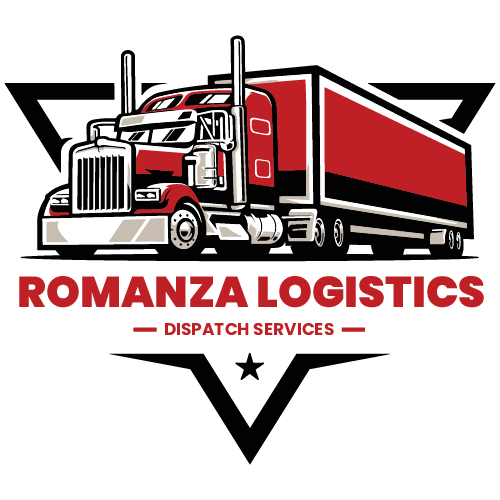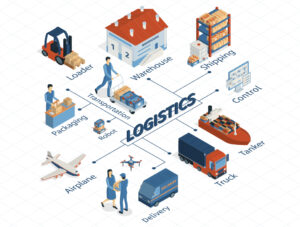The world of logistics thrives on a complex ecosystem of vehicles, each playing a crucial role. While tractor-trailers with their iconic trailers dominate the highways, a lesser-known yet equally vital segment exists: power only trucking.
This blog post dives into the world of power only trucking, exploring its core concept, benefits for shippers and carriers, the operational process, and its significance within the larger logistics landscape.
Power Only Trucking: A Specialized Solution
Power only trucking, also known as “drop and hook,” focuses solely on the “power unit” – the tractor that pulls the trailer. In this setup, the carrier provides the driver and the tractor, but not the trailer itself. The trailer is either owned or leased by the shipper or a third-party logistics provider (3PL).
Here’s how it works:
- The shipper prepares a pre-loaded trailer at their facility.
- The power only carrier picks up the trailer at the designated location, utilizing a specialized coupling mechanism to connect it to the tractor.
- The driver then transports the trailer to its destination, where it’s uncoupled and unloaded by the receiver.
- The power only carrier then picks up another pre-loaded trailer, repeating the process.
This streamlined approach offers distinct advantages for both shippers and carriers.
Benefits for Shippers: Flexibility and Efficiency
- Reduced Investment: Shippers can avoid the upfront costs of purchasing or maintaining trailers, freeing up capital for other areas.
- Increased Flexibility: Power only trucking allows shippers to adapt to fluctuating freight volumes. They can leverage the carrier network to find available tractors quickly, avoiding delays due to trailer availability.
- Improved Efficiency: Pre-loaded trailers eliminate loading and unloading times at the shipper’s facility, expediting the transportation process.
Benefits for Carriers: Optimized Operations and Reduced Costs
- Maximized Uptime: Power only drivers spend less time waiting for trailers to be loaded or unloaded, maximizing their on-the-road time and earning potential.
- Reduced Maintenance Costs: Carriers only need to focus on maintaining their tractors, simplifying their maintenance schedules and potentially reducing overall costs.
- Greater Operational Flexibility: Carriers can specialize in tractor maintenance and driver training, potentially streamlining their operations and offering competitive rates.
The Power Only Trucking Process: A Seamless Operation
The operational process of power only trucking involves close coordination between shippers, carriers, and potentially 3PLs:
- Planning and Scheduling: Shippers inform carriers about upcoming loads and pre-loaded trailer locations.
- Trailer Hookup and Inspection: Drivers perform a thorough inspection of the trailer and its securement before departure.
- On-the-Road Efficiency: Drivers focus solely on navigating the route and adhering to safety regulations.
- Delivery and Uncoupling: At the destination, the trailer is uncoupled and unloaded by the receiver.
- Repeat the Cycle: The driver picks up another pre-loaded trailer, continuing the efficient transportation cycle.
Technology plays a crucial role in streamlining communication and tracking shipments throughout the power only process.
The Power Only Advantage: Keeping the Supply Chain Moving
Power only trucking serves as a vital cog in the logistics machinery, offering several advantages:
- Increased Capacity: Power only trucking expands the available transportation capacity by decoupling tractors from trailers, allowing for more efficient utilization of both.
- Reduced Congestion: With fewer trailers changing hands, power only trucking can potentially reduce congestion at loading docks and terminals.
- Environmental Benefits: By maximizing tractor utilization and reducing loading times, power only trucking can contribute to a more environmentally friendly transportation system.
As the logistics industry strives for efficiency and flexibility, power only trucking is poised to play an increasingly significant role in the seamless movement of goods across vast distances.





